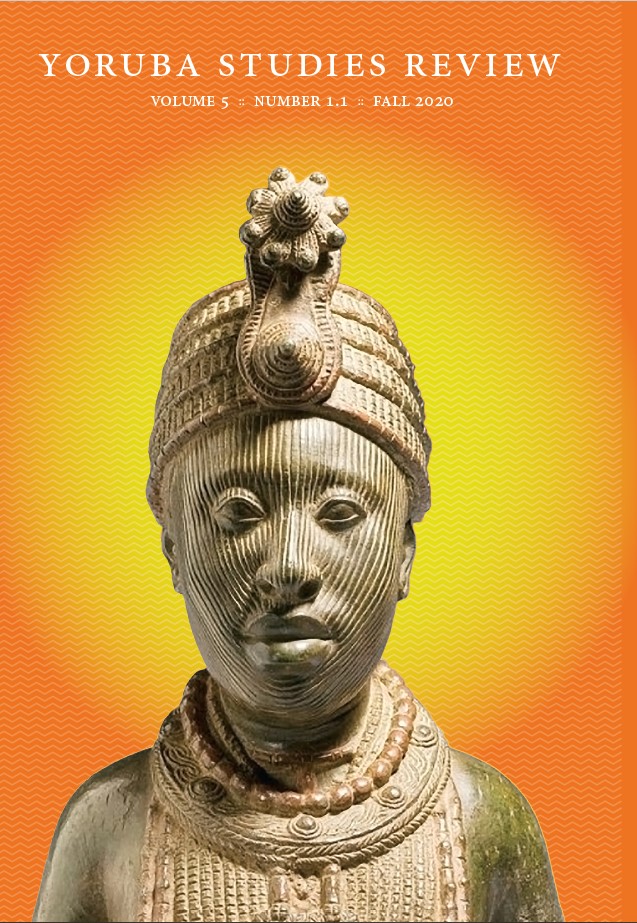Abstract
The works of D.A. Ọbasá and Ṣóbọ̀ Aróbíodù, the two intelligensias of Yorùbá poetry, have been the focus of earlier scholarly works in Yorùbá, with little attention given to the comparative study of their poetry. Therefore, this essay is a comparative analysis of the two poets’ poems with particular reference to issues relating to religion and colonialism. Our findings reveal that Ṣóbọ̀ Aróbíodù usually comments on issues in a direct manner while Ọbasá comments both directly and indirectly on religious and colonial issues. Also, Ṣóbọ̀ Aróbíodù’s comments on religion are basically to commend Christianity as introduced in Nigeria by the European missionaries, while Ọbasá’s poetry usually satirizes or lampoons Islamic and traditional religions. Generally, Ọbasá’s view is mainly on Yorùbá ideology while religion and colonialism are the primary foci of Ṣóbọ Aróbíodù’s poetry. ̀ Therefore, there is no gainsaying that both poets advocate against religious autocracy. They both believe that colonialism is actually good, but they also argue that it also has a lot of disadvantages, which destroyed Yorùbá cultural heritage. Besides, both poets see colonialism as a movement that brings to the fore African modernization. The essay concludes that Ṣóbọ̀ and Ọbasá are both social poets in the areas of religion and colonialism.

This work is licensed under a Creative Commons Attribution-NonCommercial 4.0 International License.
